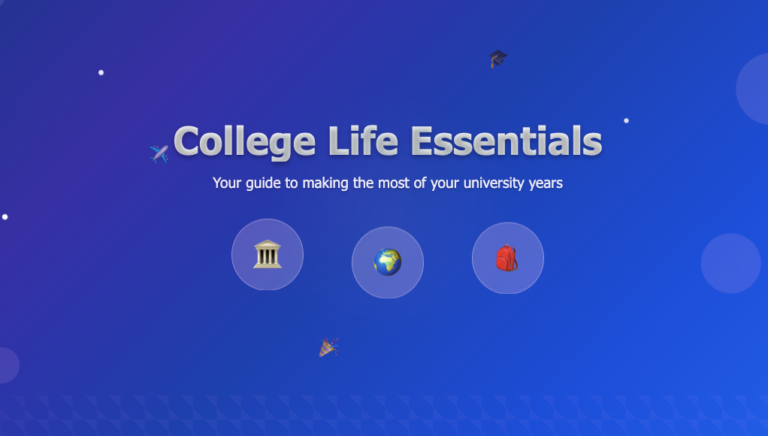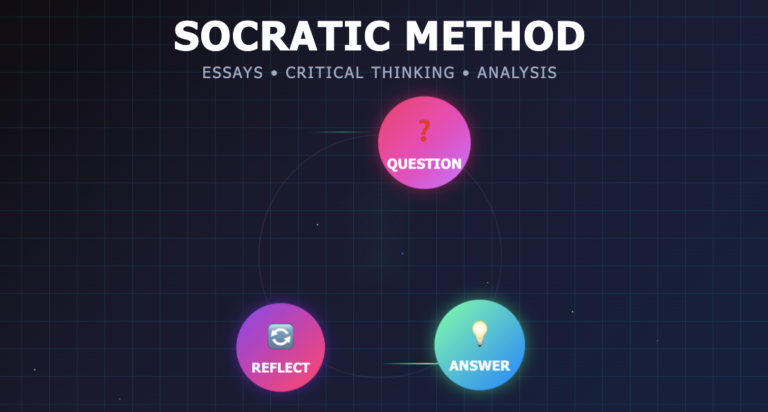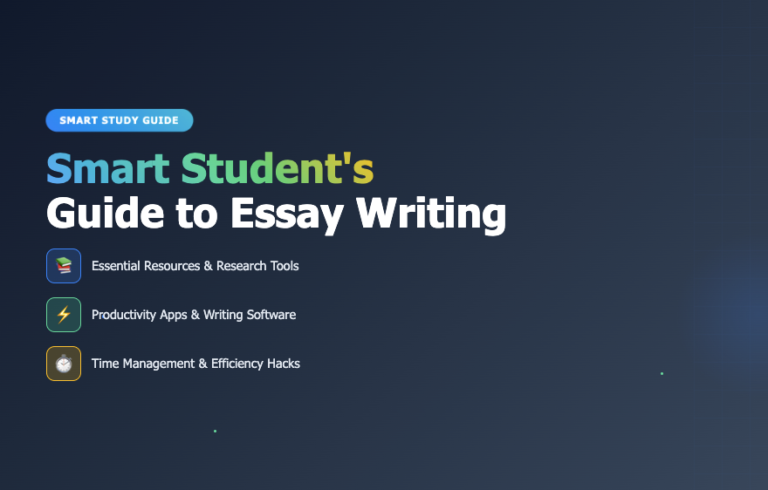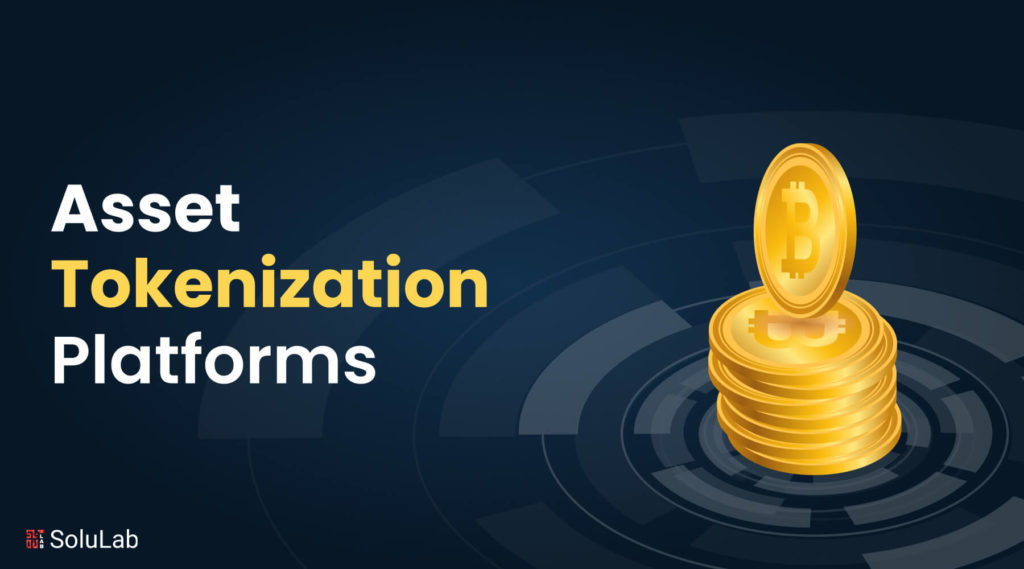
Platforms for asset tokenization development have become crucial in 2025 for democratizing access to financial possibilities. Real estate, works of art, and even intellectual property, which were previously illiquid, may now be split into digital tokens, enabling anyone to hold portions of these assets. This concept of fractional ownership gives investors the freedom to diversify their holdings and get access to markets that were previously unavailable because of high entry barriers.
As the world continues to embrace the potential of blockchain technology, leading asset tokenization platforms have emerged as powerful tools that are revolutionizing the financial landscape. These platforms leverage the security and transparency of blockchain to transform traditional assets into digital tokens, enabling fractional ownership, liquidity, and enhanced accessibility.
In the history of financial markets, transparency and security have always been top priorities. Leading Asset tokenization platforms will use blockchain technology in 2025 to address these issues. These systems offer an immutable and auditable record of asset ownership and transfers by recording and validating transactions on a distributed ledger. This openness boosts investor trust, lessens fraudulent activity, and lessens the need for middlemen.
In this article, we will explore the top 10 asset tokenization development platforms that are making waves in 2025, facilitating a new era of decentralized finance.
Read Also: What Is Asset Tokenization?
What is the Process of Converting Real-World Assets into Digital Tokens?
Asset tokenization is revolutionizing the way we perceive and invest in real-world assets. By converting tangible assets into digital tokens, asset tokenization platforms are unlocking a multitude of benefits and opportunities for investors. But how exactly does this process work? Let’s delve into the steps involved in converting real-world assets into digital tokens.
- Asset Selection and Evaluation: The first step in the process is selecting the asset to be tokenized. This can include a wide range of assets such as real estate properties, artwork, commodities, or intellectual property rights. The asset is carefully evaluated to determine its value, marketability, and legal compliance. Due diligence is crucial to ensure that the asset meets the necessary criteria for tokenization.
- Legal and Regulatory Compliance: It is crucial to follow all applicable laws and regulations before beginning the tokenization process. This entails making sure all paperwork is in order, confirming ownership, and abiding by securities laws. Asset tokenization development systems actively collaborate with legal professionals to handle the complicated environment and guarantee legal compliance.
- Asset Valuation and Fractionalization: A professional assessment or valuation approach are used to ascertain the asset’s worth. The amount of tokens that will represent fractional ownership of the asset is determined as a result of the valuation procedure. A larger spectrum of investors can access an asset thanks to fractionalization, which enables investors to buy a share of its value. The ownership rights and value of the underlying asset are represented by the tokens.
- Smart Contract Creation and Token Issuance: Smart contracts, powered by blockchain technology, play a pivotal role in asset tokenization. These contracts are programmed with the terms and conditions of the tokenized asset, including ownership rights, dividend distribution, and transferability. The smart contract ensures that the tokenized asset operates within the predefined parameters and automates certain functions, such as dividend payments. Once the smart contract is created, the digital tokens representing the asset are issued and made available for sale or trade.
- Investor Onboarding and Token Sale: Leading Asset tokenization platforms provide a user-friendly interface for investors to participate in the token sale. Investors can register, complete the necessary know-your-customer (KYC) and anti-money laundering (AML) procedures, and fund their accounts with the designated cryptocurrency or fiat currency. The tokens are then offered for sale, either through a private placement or a public offering, depending on the platform and regulatory requirements.
Read Our Blog Post: Importance Of Tokenization Of Assets
What are the Benefits of Asset Tokenization: Unlocking a New Era of Investment Opportunities?
Asset tokenization development, enabled by blockchain technology, has disrupted the traditional investment landscape, offering many benefits to investors and asset owners. Let’s explore the advantages that asset tokenization brings to the table:
- Increased Liquidity and Fractional Ownership: One of the key benefits of asset tokenization is the increased liquidity it offers. By converting assets into digital tokens, fractional ownership becomes possible, allowing investors to purchase and trade smaller portions of valuable assets. Previously illiquid assets, such as real estate properties or fine art, can now be divided into tokens representing fractional ownership. This democratizes access to high-value assets, opening doors for a broader range of investors and facilitating more efficient and flexible transactions.
- Enhanced Transparency and Reduced Barriers to Entry: Asset tokenization development platforms provide a transparent and auditable record of ownership and transactions on the blockchain. This level of transparency reduces information asymmetry and instills greater trust in the investment process. Investors can easily verify the authenticity, ownership history, and market value of tokenized assets. Additionally, asset tokenization development lowers the barriers to entry for traditionally exclusive or inaccessible assets. Previously, assets like rare collectibles or prime real estate were limited to wealthy individuals or institutional investors. Through tokenization, these assets become more accessible, allowing a wider audience to participate in investment opportunities that were once out of reach.
- Diversification Opportunities and Optimized Portfolios: Asset tokenization development pave the way for portfolio diversification and optimization. Investors can now easily allocate their funds across various asset classes, reducing concentration risk and enhancing portfolio performance. Tokenized assets represent a wide range of sectors, such as real estate, commodities, or intellectual property, allowing investors to achieve diversification without significant capital requirements. Additionally, asset tokenization enables investors to customize their portfolios according to their risk appetite and investment goals. They can allocate funds across different asset types, geographies, or sectors, thereby achieving a more balanced and optimized investment strategy.
- Efficient and Cost-Effective Transactions: Traditional investment transactions often involve multiple intermediaries, complex paperwork, and lengthy settlement periods. Asset tokenization platforms streamline this process by automating transactions through smart contracts. Smart contracts facilitate the execution of predefined conditions, such as dividend distribution or transfer of ownership, removing the need for intermediaries and reducing associated costs. Furthermore, blockchain technology enables faster settlement times, eliminating the need for lengthy verification processes. This efficiency and cost-effectiveness benefit investors and asset owners, creating a seamless investment experience.
Read Our Blog: Top 12 Real Estate Tokenization Companies in USA
What are the Regulatory Developments and Frameworks in 2025?
As the leading asset tokenization industry continues to evolve and gain traction, regulatory authorities worldwide are actively shaping the legal frameworks to ensure investor protection, market integrity, and compliance. In 2025, several key regulatory developments and frameworks are emerging, aiming to address the unique challenges and opportunities presented by asset tokenization. Let’s explore some of the notable trends and initiatives in this domain:
- Enhanced Investor Protection: Regulators recognize the need to safeguard investors participating in tokenized asset markets. In 2025, we see an increased emphasis on enforcing robust investor protection measures. Authorities are imposing stricter requirements for asset tokenization platforms, including comprehensive disclosure of risks, transparent pricing mechanisms, and investor suitability assessments. Additionally, Know Your Customer (KYC) and Anti-Money Laundering (AML) procedures are being reinforced to mitigate the risk of fraudulent activities and enhance the overall security of the ecosystem.
- Clearer Regulatory Definitions: Regulatory bodies are working to provide clearer definitions and classifications for tokenized assets. This clarity is essential to determine the regulatory treatment of different token types and their compliance requirements. For instance, regulatory authorities may distinguish between security tokens, utility tokens, and payment tokens, each subject to specific regulations and guidelines. Such distinctions aim to bring regulatory certainty and foster market transparency, enabling investors to make informed decisions and asset tokenization platforms to operate within defined boundaries.
- Standardization and Interoperability: In 2025, regulatory bodies will focus on standardizing practices and promoting interoperability within the asset tokenization ecosystem. Standardization efforts aim to create uniform guidelines for token issuances, smart contract standards, and token trading practices. These standards facilitate cross-platform compatibility, ensuring smooth interoperability and liquidity across different asset tokenization platforms. By establishing common industry practices, regulatory bodies foster trust, reduce fragmentation, and enhance market efficiency.
- Regulatory Sandboxes and Innovation Hubs: To encourage innovation while managing potential risks, regulatory authorities are increasingly establishing regulatory sandboxes and innovation hubs. These initiatives provide a controlled environment for asset tokenization platforms and startups to test new technologies and business models under regulatory supervision. Regulatory sandboxes enable platforms to experiment with innovative approaches, while regulators closely monitor their operations and assess their compliance with existing regulations. This collaborative approach between regulators and industry participants fosters innovation, allowing regulatory frameworks to evolve alongside technological advancements.
- International Collaboration and Harmonization: Given the global nature of asset tokenization, regulatory authorities are actively collaborating and seeking harmonization at an international level. Recognizing the need for consistent regulatory approaches, regulators are engaging in cross-border discussions to share best practices, align regulatory frameworks, and address challenges associated with cross-jurisdictional transactions. These collaborative efforts aim to establish a cohesive global regulatory landscape for asset tokenization, promoting investor confidence, and enabling seamless international investment opportunities.
Check Out Our Blog: Tokenizing Real Estate Assets On Blockchain
How Did We Compile The List of Top Asset Tokenization Platforms in 2025?
Although choosing the best asset tokenization platforms was a challenging task, we have come up with great results by considering the following factors:
- Years of experience in the market
- Client testimonials
- Quality of delivered products
- Size of the team
- Variety of industries the company has worked with
- Expertise in understanding business and market development
- Technology Stack

Here are the Top 10 Asset Tokenization Platforms in 2025.
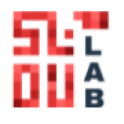
1. SoluLab
At SoluLab, they specialize in the transformation of physical assets into digital tokens, aiming to enhance trading accessibility and security. Their expertise lies in tokenizing various assets such as real estate, works of art, precious metals, and stock certificates on the blockchain. By analyzing the unique business requirements, they determine the optimal token type, architecture, and technology stack for the asset tokenization solution. With a focus on safety, scalability, and legal compliance, SoluLab's team combines their extensive industry experience with technological prowess to develop asset tokenization solutions.
The team at SoluLab provides comprehensive asset tokenization development services tailored to meet the specific needs of each company. Whether the objective is to tokenize assets for crowdfunding, fractional ownership, or enhancing liquidity, they offer a range of solutions. Their expertise ensures the development of secure and scalable platforms, enabling clients to leverage the benefits of asset tokenization.
$25-$49
50-249
2014
Los Angeles, CA, USA
Disney, Microsoft, Georgia Tech
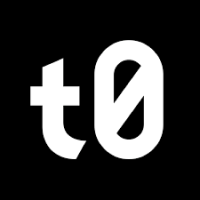
2. tZERO
tZERO has emerged as a pioneer in the realm of digital securities. Founded in 2014, tZERO is a leading blockchain-based platform that is transforming traditional capital markets by digitizing and streamlining the process of issuing, trading, and settling securities. With its innovative approach, tZERO is revolutionizing the way investors and companies interact, creating new opportunities for liquidity and efficiency.
By leveraging the power of distributed ledger technology, tZERO provides a secure and transparent platform for the issuance and trading of digital securities.
$25-$49
51-100
2015
Utah, United States
Alliance Investments, Curzio Research

3. Polymath
Polymath is an expert in tokenizing securities, streamlining the creation and administration of security tokens complying with legal requirements. With a user-friendly interface and full compliance with Know Your Customer (KYC) and Anti-Money Laundering (AML) requirements, its platform allows issuers to tokenize assets.
$55-$90
11-50
2017
Saint George, Barbados
N/A
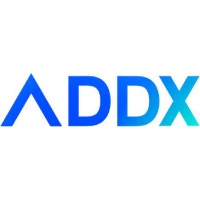
4. ADDX
ADDX provides a user-friendly and secure digital marketplace where investors can seamlessly access and trade a diverse range of alternative assets. With its innovative approach, ADDX is breaking down barriers and opening up new avenues for individuals to diversify their portfolios and participate in traditionally exclusive investment opportunities.
One of the key advantages offered by ADDX is its global reach. The platform enables investors from around the world to participate in alternative investments that were traditionally limited to a select few.
$25-$50
51-100
2017
Central Region, Singapore
Hamilton Lane, StashAway, Singtel, Fullerton Fund Management
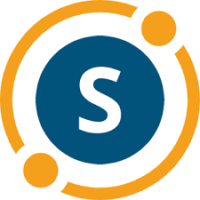
5. Securitize
Securitize offers a comprehensive end-to-end platform for tokenizing securities. It streamlines the compliance process, ensuring that security tokens adhere to relevant regulations. Securitize also provides tools for investor management, facilitating the distribution of dividends and other benefits to token holders.
$55-$90
50-100
2017
California, USA
Whitehall Capital, Arca Labs

6. Bitbond
Bitbond is a financial technology company that has made significant strides in revolutionising the way small and medium-sized enterprises (SMEs) access financing. Established in 2013 and headquartered in Berlin, Germany, Bitbond operates as a peer-to-peer lending platform that utilises blockchain technology to facilitate transparent and efficient lending processes.
$55-$90
11-50
2013
Berlin, Germany
N/A
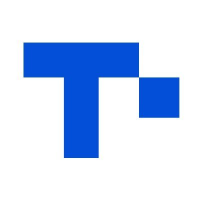
7. Tokensoft
Tokensoft offers a robust platform that enables companies to tokenize a wide range of assets, including securities, real estate, funds, and more. By leveraging blockchain technology, Tokensoft facilitates the seamless creation and issuance of digital assets, providing businesses with increased liquidity, fractional ownership, and access to a global investor base. Their platform supports both public and private blockchain networks, allowing for flexibility and scalability in asset tokenization.
$55-$99
11-50
2017
California, United States
N/A
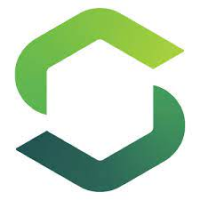
8. Securrency
Securrency is a cutting-edge financial technology company that is spearheading innovation in the field of digital asset compliance and security. With its advanced platform and solutions, Securrency enables businesses to seamlessly issue, manage, and trade digital assets while ensuring compliance with regulatory frameworks. Founded with a mission to bridge traditional finance and blockchain technology, Securrency has emerged as a trusted leader in the digital asset space.
$25-$50
101-250
2015
Washington, United States
WisdomTree, State Street, US Bank
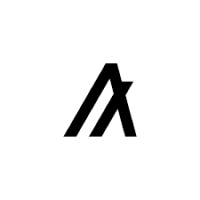
9. Algorand
Algorand offers a high-performance blockchain platform for asset tokenization development and decentralised applications. Its pure proof-of-stake consensus algorithm ensures scalability and security. Algorand's robust architecture and focus on speed make it suitable for asset tokenization projects that require fast transaction processing.
$25-$50
51-100
2017
Massachusetts, USA
N/A
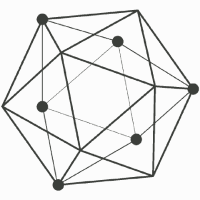
10. Hyperledger Fabric
Hyperledger Fabric is an open-source blockchain framework developed by the Linux Foundation. It provides a modular and scalable platform for enterprises to build and deploy permissioned blockchain networks. Hyperledger Fabric's focuses on privacy to make it an excellent choice for organizations looking to tokenize assets within a controlled environment.
$25-$50
25-100
2015
California, United States
Fintract Global, NIRA Inc, OptimHire
Read Our Blog: 9 Blockchain Real Estate Companies to Watch
Final words
The impact of leading asset tokenization platforms on the finance industry is significant and poised to shape the future of how assets are valued, traded, and accessed. The top 10 asset tokenization development platforms mentioned in this article have revolutionized finance by leveraging blockchain technology to provide enhanced liquidity, fractional ownership, and increased accessibility to a diverse range of assets.
These platforms have opened up new opportunities for investors, allowing them to participate in asset ownership that was previously restricted to large institutions or wealthy individuals. By tokenizing assets, fractional ownership becomes possible, enabling broader participation and democratizing investment opportunities.
In conclusion, leading asset tokenization platforms in 2025 have significantly transformed the financial landscape by introducing decentralized and transparent solutions. These platforms empower individuals and institutions to tokenize assets, unlocking new opportunities for fractional ownership, increased liquidity, and broader market accessibility. With continuous innovation and advancements, asset tokenization platforms are poised to reshape finance and drive the adoption of decentralized finance (DeFi) in the years to come.
At SoluLab, they specialize in transforming physical assets into digital tokens, enhancing their accessibility and security for trading purposes. The efficiency demonstrated by the development team at SoluLab necessitates the hiring of an asset tokenization development company in order to attain unparalleled work experience. The SoluLab team is also dedicated to delivering excellent real estate tokenization development services, enabling clients to unlock the complete potential of their real estate assets. They offer a range of services for real estate tokenization, making it easier to enter fractional ownership and enhance liquidity. Contact us today!
FAQs
1. What is asset tokenization development?
Asset tokenization development is the process of converting real-world assets, such as real estate, art, or securities, into digital tokens that can be stored and traded on a blockchain platform.
2. How do leading asset tokenization platforms revolutionize finance?
Asset tokenization development platforms revolutionize finance by providing enhanced liquidity, fractional ownership, and increased accessibility to a diverse range of assets. They enable the creation of digital tokens that represent ownership in real-world assets, allowing for efficient trading, increased market participation, and unlocking liquidity from traditionally illiquid assets.
3. What are the top 10 asset tokenization platforms in 2025?
The top 10 leading asset tokenization platforms in 2025 are Ethereum, Polymath, Stellar, Securitize, Tezos, Neo, Ravencoin, Algorand, Hyperledger Fabric, and Ontology.
4. What makes Ethereum a leading asset tokenization platform?
Ethereum is a leading asset tokenization platform due to its robust smart contract capabilities, vibrant ecosystem, and widely adopted ERC-20 token standards. It provides a foundation for developers to create and deploy decentralized applications (dApps) for asset tokenization.


